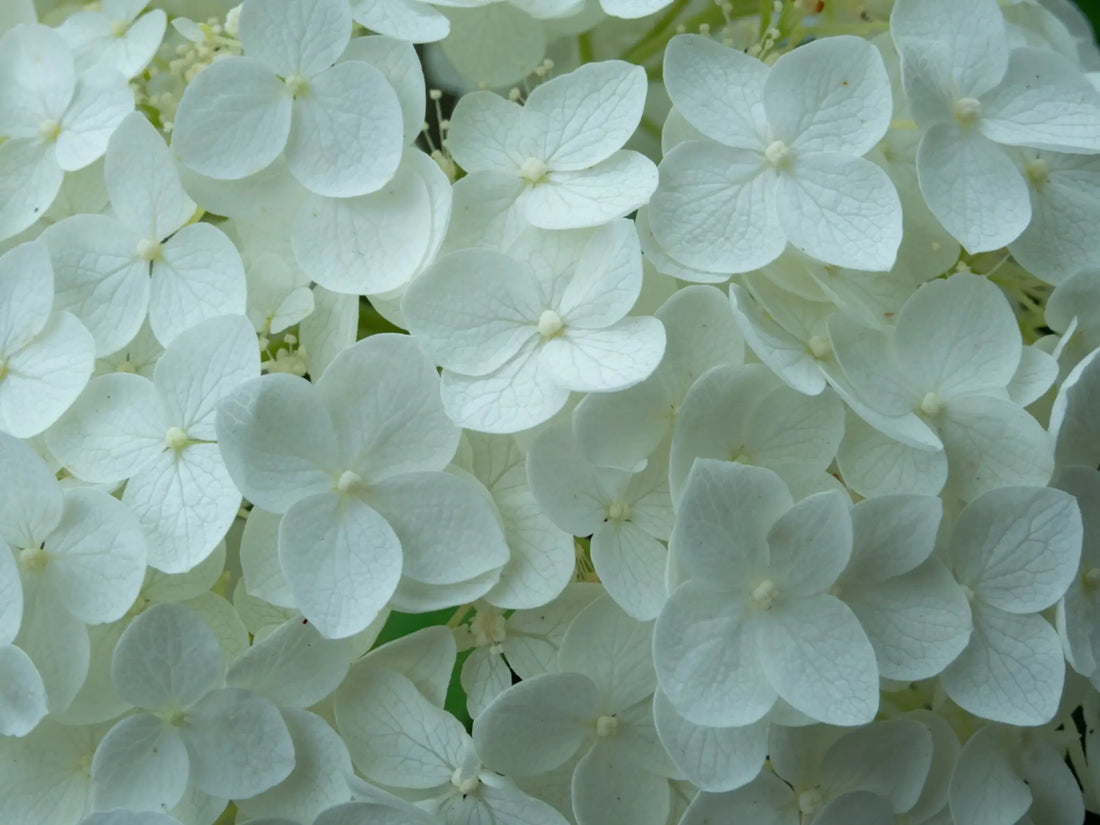
What is Alive in you?
Prim raked her hands through the warm soil, pausing and closing her eyes to savor the earthy aroma. The sun beamed down on the crown of her head, heating her copper hair.
Professor Tilden strolled behind her, stopping to watch as she carefully selected new seeds to plant. One by one, she plopped forget-me-not seeds into the dirt. These seed pods were especially tedious because of their jagged exterior and their tendency to stick to clothing.
“Check your sleeve,” Professor Tilden whispered.
Prim held her arm up and grimaced at the cluster of seeds that clung to her orchid sweater. She plucked them and placed them back in the burlap pouch. She wondered if they were called forget-me-nots because they clung so easily to every surface. She covered the seeds with soil and sprinkled them with a drizzle of water.
She glanced over at the hydrangea bush she planted several months ago. It was at least half the size of the other students. Their bushes boasted a variety of blooms, from vibrant azure to rich magentas.
She stood, brushed the dust from her worn jeans, and approached the hydrangea bush. She placed her hands on her hips and narrowed her eyes. Plump bumblebees landed on the neighboring plants. She knelt, pressing her index finger a couple of inches down into the earth to check for moisture. She inspected the leaves and found they were free of any molds or wilt. The bush appeared to be perfectly healthy.
Professor Tilden knelt beside her. “It is a beautiful plant. So much potential,” he smirked, stroking the leaves gently.
Prim exhaled, feeling defeated with her work.
“I can’t figure out what I am doing wrong. It is growing so slowly. Far behind the normal rate,” she said.
“What does normal mean to you?” he prompted.
She glanced around at the other hydrangeas and looked back at him, widening her eyes.
“Maybe their plants are growing at a quicker rate because of where they were planted,” he suggested, adjusting his glasses. “And your plant is growing at an appropriate rate for where it was planted.”
He stared at her, his eyes smiling as if he knew a secret, she was not aware of.
“So, should I have planted it somewhere else?” she scratched her head.
“No, not necessarily.” He gestured to the direction of the sun. “This spot has sufficient sunlight and enough shade during the middle of the day from the Oak tree so that it does not get scorched.”
Prim turned to look at the massive Oak tree and guessed that it must be well over one hundred years old.
“The tree has seen some things, I’m sure,” he raised his brow, his gray hair picking up in the breeze.
“Have you visited what you planted last year?” he asked.
Prim shook her head and stood. “I’ve been so focused on what I have been growing this year that I forgot to go back and check.”
He nodded, sticking his hands in his pockets. “Time can get away from us when we focus on one task for a long time. It may be useful for you to go back and see how your garden is thriving. Maybe then, you can learn a different approach caring for these hydrangeas.”
Prim bid Professor Tidwell goodbye and went to the terrace gardens which occupied a small section of the roof of the biology building.
She began climbing the cement stairs to the rooftop at the rear of the building. Prim could have gone through the inside of the school to get to the roof, but she preferred the climb. The garden felt more like an enchanted secret this way and less like a science experiment.
She swung her leg over the brick barrier, her feet landing in pea gravel with a crunch.
Wild vines clung to the sides of the building, sweeping in different directions with delicate pink blooms. Rows of foxglove, bluebells, and alyssum mingled among cascades of daisies, violets, and tulips.
Prim realized that she had left the garden for too long and it had grown wild. She walked towards the corner of the bed and spied in the corner an enormous hydrangea bush full of pearlescent white blooms. She had planted it last year and tended to her garden bed often. Professor Tilden was right. Time had gotten away from her this year, and she felt guilt rise from within her gut.
She reached out her hand and caressed the delicate petals with her fingertips. “You grew all on your own and I didn’t have to help at all this season. Not in the way I have been tending to the other bush.”
Prim sat on an old wooden bench, propping her leg on her knee. It occurred to her that this garden was wilder, and this was the way it wanted to grow. All the flowers intermixed harmoniously, weaving intricate patterns, and seemed to thrive off one another.
“Maybe you don’t wish to be tamed,” she said.
She realized that things would grow at their own pace and by remaining so focused on the outcome, she was exerting a lot of her energy.
She had forgotten how peaceful it was up there. Butterflies danced in the breeze, landing gently on the flowers.
Prim allowed herself to rest, smiling in gratitude for the abundance of her creation and with a newfound appreciation for how it chose to grow and thrive.
